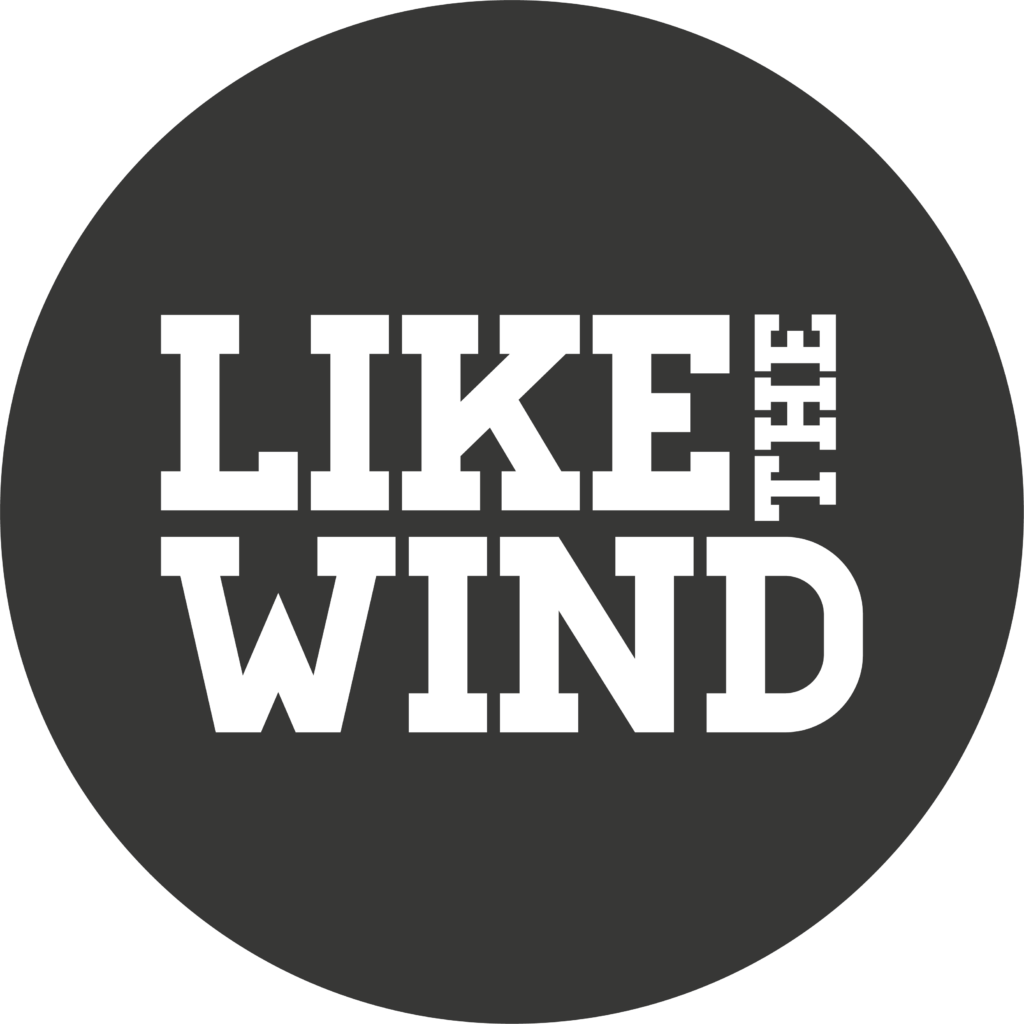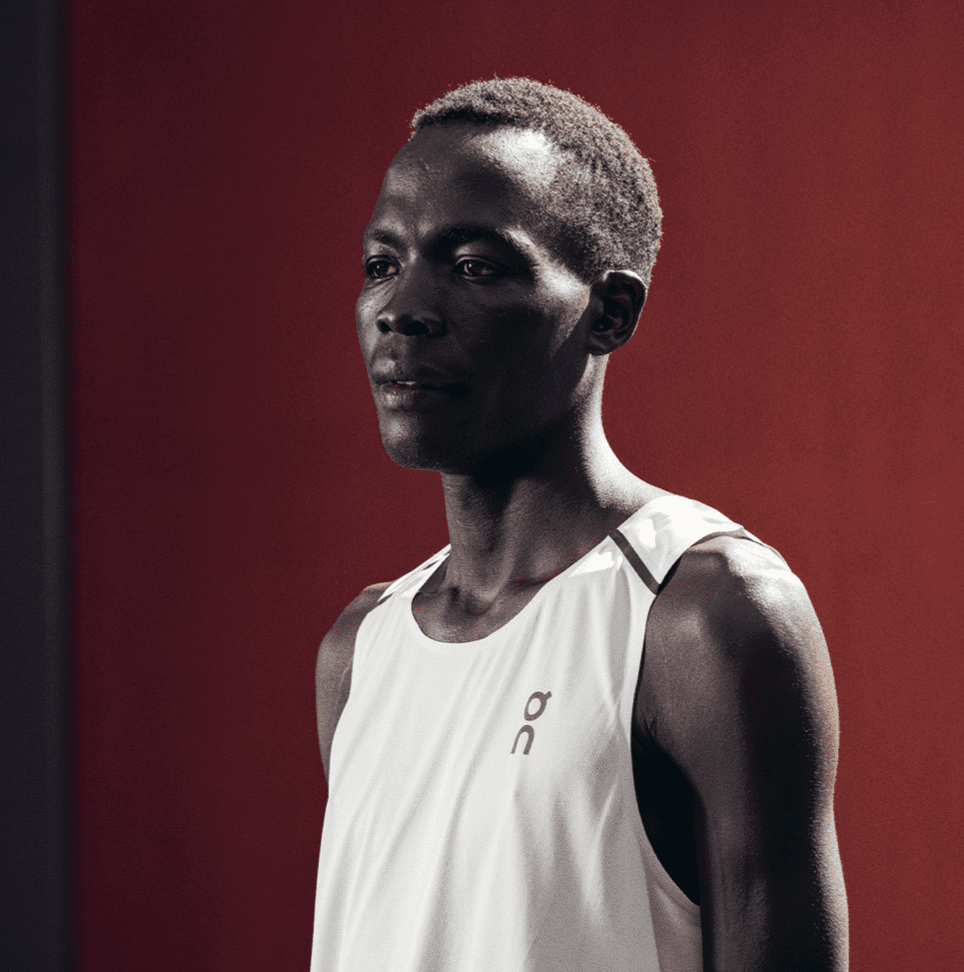WORDS BY LIKE THE WIND – PHOTOGRAPHY SUPPLIED BY ON
Having overcome immense challenges – including losing his family and being forced to flee armed conflict – On athlete Dominic Lobalu still has a bureaucratic mountain to climb before he has the right to race. This is his story.
On Friday 13 January 2023, a TikTok user calling themselves “ssnewsreporter” posted a clip announcing that for the first time in history, it was snowing in South Sudan. The video was clearly a joke (along with all the other supposed “news stories” about South Sudan posted on the same channel – a clip about flying cows being another example). In recorded history, it has never snowed in South Sudan. But there is one athlete from that part of East Africa who now has to deal with the reality of snow for at least five months of the year. Still, with all that Dominic Lobalu has had to cope with, a little snow is not going to stop him.
Five thousand kilometres from South Sudan, Dominic is rebuilding his life in St Gallen, Switzerland, with the help of a motivated group of local people and his sponsor, On. In January 2023 – when it was most definitely not snowing in South Sudan – it was grey and overcast in north-eastern Switzerland. The temperature every morning barely scraped above freezing and there was a generous carpet of snow on the ground. But this is the place Dominic now calls home, and from where he hopes to make an impact on the athletics world that could change the lives of refugees. Dominic’s extraordinary story is told in a new documentary film from On called The Right to Race.
Dominic Lobalu was born in 1998 in a small town called Chukudum, in the south east of South Sudan, close to the borders with Uganda and Kenya. The modern history of South Sudan has been dominated by strife. After suffering under the oppression of British colonial rule, several civil wars were fought following independence. The last of these started in 1983 and lasted for more than two decades. The ongoing conflicts forced Dominic to flee his home, aged nine, to seek refuge in nearby Kenya.
It was at school near Nairobi that Dominic’s talent for running was spotted. Like many youngsters, his dream was to play football. But a teacher persuaded him to try running instead.
“When I run, I feel free and happy,” Dominic says. “It is my way of expressing myself. Others have a talent for playing the piano, tennis or dancing, I have a talent for running. I always dreamed of the Olympic Games. The faster I run, the closer I get to that dream.”
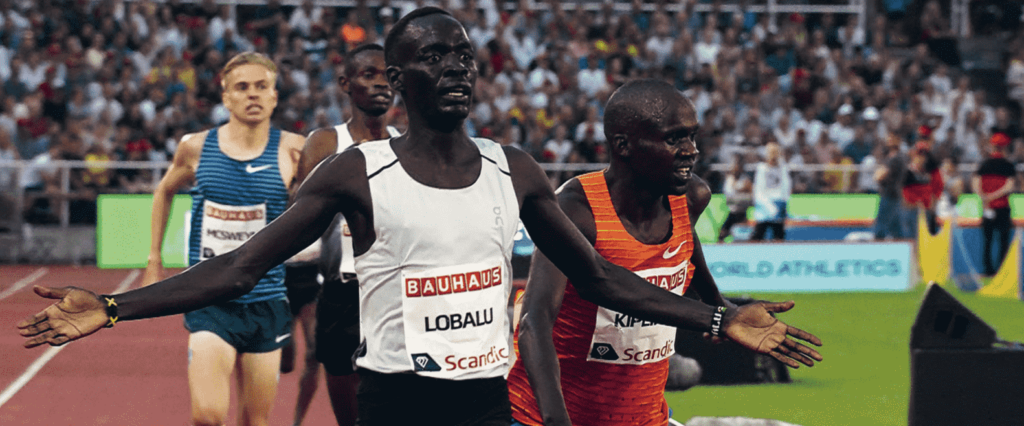
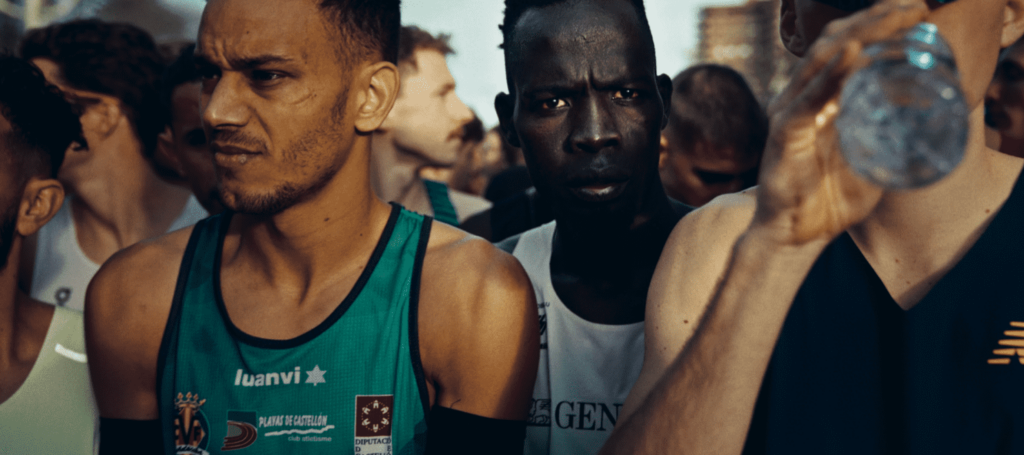
In 2017 Dominic had the chance to race internationally as part of Kenya’s Athlete Refugee Team. In the 1,500m heats, he posted a personal best time of 3m52.78s, although his finishing position meant he did not qualify for the semi-finals.
Two years later, Dominic travelled to Geneva with the Athlete Refugee Team to compete in the Harmony Geneva Marathon. It was on this 2019 trip that Dominic made a decision which would change his life again. He walked out of the hotel in Geneva, where he was staying with other athletes, with nothing more than the clothes he was wearing. He applied for refugee status and began the process of applying for asylum.
Ultimately, Dominic wants to compete with the best athletes on the biggest stages in athletics world. His goal is to race at the Olympic Games. But bureaucracy is blocking his path. Because he absconded from the hotel, not only does Dominic not have a national team to compete for, but World Athletics has also said that Dominic cannot compete as part of the Athlete Refugee Team.
If this sounds perverse – surely every refugee is stateless? – World Athletics spokesperson Jackie Brock-Doyle explains why Dominic is no longer able to race for the Athlete Refugee Team in On’s film The Right to Race. “We can’t continue to persuade countries to give visas to refugees who may abscond and seek refugee status in their country,” she says. The implication is stark: Dominic cannot be allowed to set an example that other refugees might follow without jeopardising the whole Athlete Refugee Team programme. Because if countries refuse to grant visas to athletes, then the team has no purpose.
Although the Swiss refugee application process is slow and complicated, Dominic has been given a permit to stay in the country on humanitarian grounds, meaning that he can leave Switzerland and return.
Adapting to life in Switzerland was initially tricky, but has got a lot easier. “I didn’t understand anything,” Dominic says. “But I’m taking German lessons and doing an internship in a sports shop to be able to communicate better with people. It took me a while, but now I even love winter in Switzerland.”
And that’s not the only thing he likes about the country. He also values “the peace and safety, and that everything is so clean”. He adds: “Besides, from the city you can quickly get to the countryside or the mountains and enjoy nature. Although I also take driving lessons, I love going to national competitions by train.”
The permit means that Dominic is now in a position to race outside Switzerland at events not based around national teams. This has opened up the possibility – finally – for him to race against the best runners in the world and prove that he has the ability, if not the legal right, to compete on athletics’ biggest stages.
This chapter of Dominic’s story began on a cool, clear night in Stockholm in June 2022 at the Diamond League meeting. One of Dominic’s new Swiss friends describes the Diamond League as “… like [the] Champions League in soccer”.
It certainly attracts international media coverage and star names. When Dominic toed the start line of the 3,000m race that night, he was almost unknown. Indeed, as he surged into the lead in the closing few metres to take gold, the commentators didn’t know who he was, let alone which team he represented.
That win catapulted Dominic into the spotlight, ensuring invitations to other track meets around the world. It meant he was no longer anonymous. Yet it created more headaches for World Athletics.
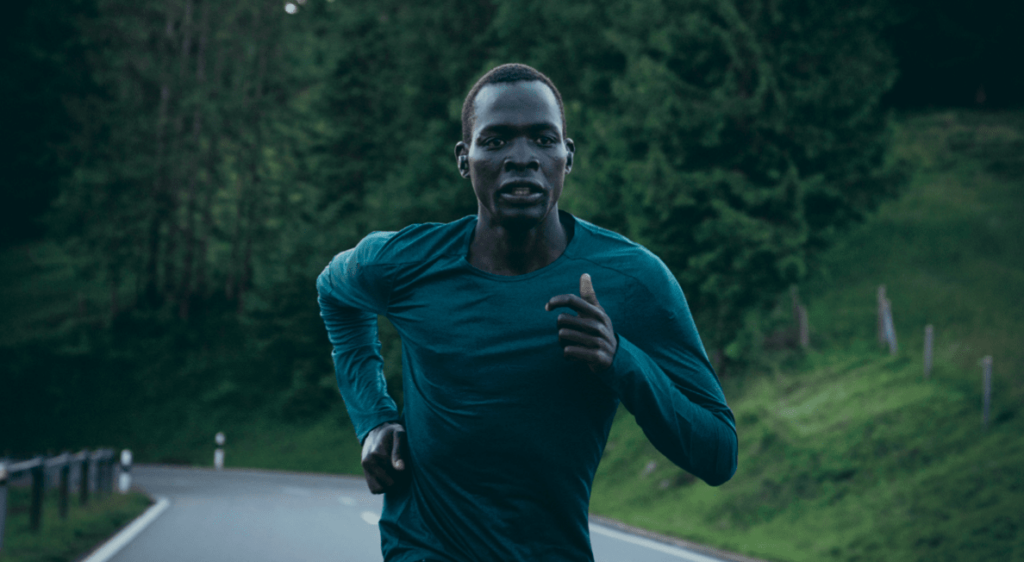
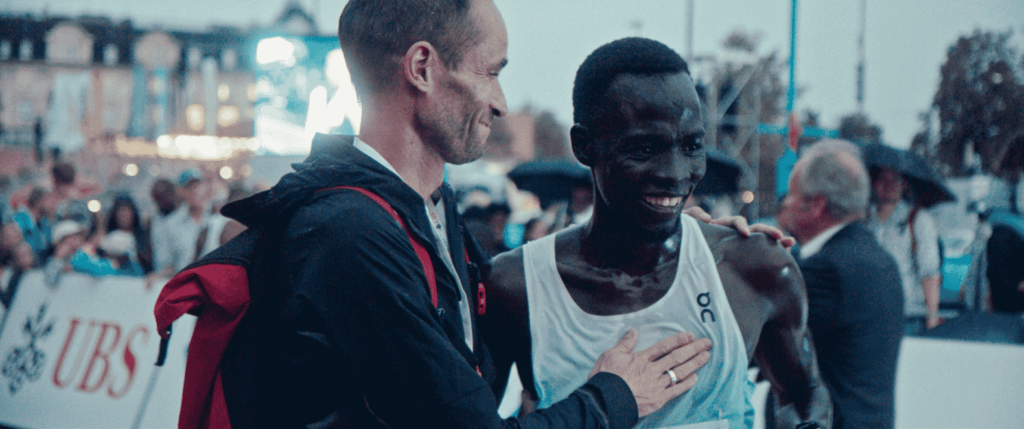
Since his unexpected victory in Stockholm, Dominic has not let up. He has won or placed highly in championship races from 1,500m to half-marathons, demonstrating not just his immense talent and ability to work hard, but also his versatility. As journalist Guillaume Laurent says in The Right to Race, moving to St Gallen and training regularly with coach Markus Hagmann seems to have been key to Dominic ascending to world-class status.
“In the beginning it was hard to trust anyone,” Dominic admits. “But after the first race I realised that Markus was not takingadvantageofme.Ialsobenefitedfromhisknow-howas a coach and former elite runner. With my previous coaches, I never experienced as much progress as with Markus now.”
The support Markus has given Dominic has helped him off the track, too. “You can’t achieve top performance if you don’t have a good environment,” he explains. “Markus… is not only my coach, but also supported me in integrating into a world that was foreign to me. I think without him, his family and friends, I wouldn’t be the athlete and person I am today.”
Dominic feels he has much more to achieve. His dream of competing at the Olympics remains alive, if Switzerland grants him citizenship. “In running you never know what will happen,” he says. “But I really hope that I will soon be able to compete in a major international event, be it at the World Championships or at the Olympic Games. I still dream of a medal on the global stage.”
And there is no doubt that the results he has achieved during the past couple of years strengthen the arguments that World Athletics and the Swiss authorities should allow him to compete. After all, he is undoubtedly a medal contender. But perhaps more than that, Dominic is aware of what he is able to achieve through his performances on the road and track.
“I want to show people in my situation that everything is possible,” he says. “But at the same time, I want them to understand that their destiny rests in their hands. Nobody will come and help you if you don’t look for help. Nobody will change your life for you if you’re not ready to make a change yourself. Setbacks always happen. But they are not the end. Keep holding on to your dreams. Keep fighting to achieve your goals.”
Watch The Right to Race on YouTube or at www.righttorace.com
